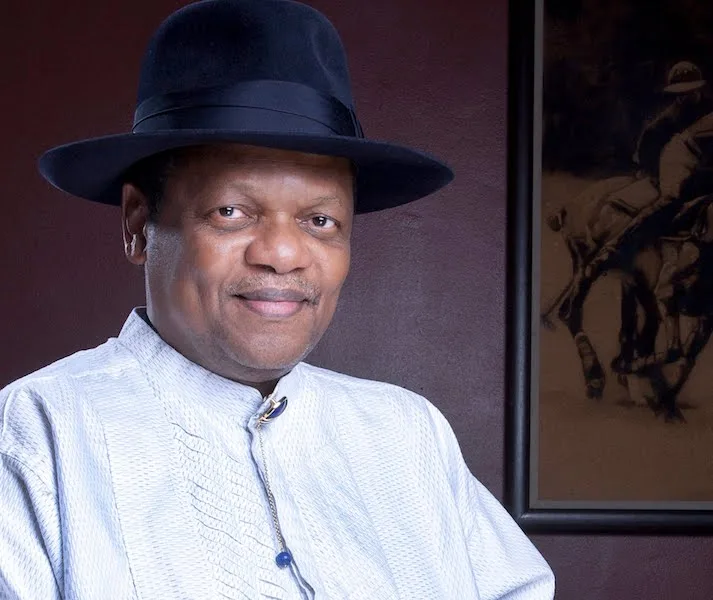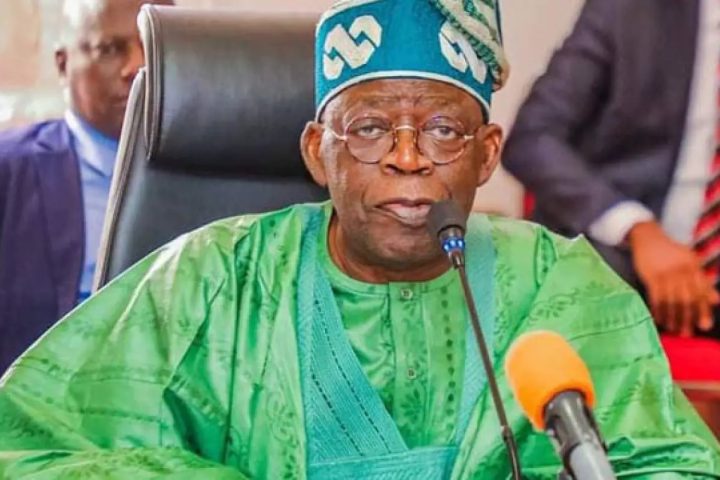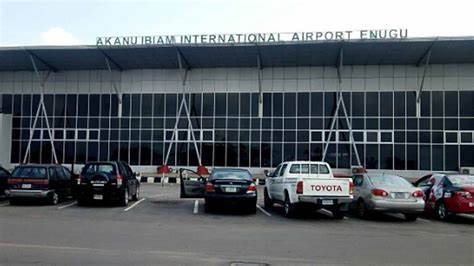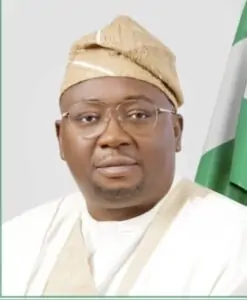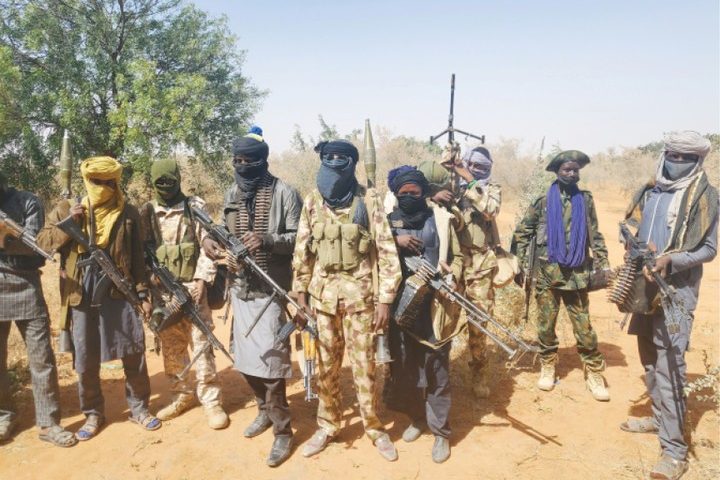Atedo Peterside, the founder of Stanbic IBTC Bank, has dismissed former military ruler Ibrahim Babangida’s recent acknowledgment of MKO Abiola’s 1993 election victory, calling it an irrelevant admission that comes too late to matter. Peterside’s sharp reaction follows Babangida’s claims in his new autobiography, A Journey in Service, where he justified the annulment of what is widely regarded as Nigeria’s freest and fairest election.
“IBB admitting, in 2025, that MKO Abiola won the June 12 Presidential elections in 1993, is as significant as him admitting that night follows the day,” Peterside wrote on X (formerly Twitter) on Friday. “Are we supposed to clap because he told the truth after three decades?”
Join our WhatsApp ChannelBabangida, who ruled Nigeria between 1985 and 1993, has long been criticised for annulling the election. However, in his book, he claims he did it to prevent national chaos, saying Abiola’s life would have been at risk if he had been allowed to take power.
READ ALSO: ‘You Made Me So Rich’, Authur Eze Hails IBB, Donates ₦500 million At Book Launch
Babangida Claims He Annulled the Election to Prevent Violence
In his autobiography, Babangida provided official election figures, confirming that MKO Abiola won the presidential poll by securing 8,128,720 votes against Bashir Tofa’s 5,848,247 votes. He also met the constitutional requirement of winning at least one-third of the votes in 28 states, including the Federal Capital Territory, Abuja.
Despite this, Babangida said he canceled the election results because he feared that Abiola’s presidency could lead to an assassination attempt and a possible civil war. His justification has sparked criticism, with many Nigerians questioning why it took him more than 30 years to make this admission.
Atedo Peterside Questions the Significance of the Revelation
For Peterside, Babangida’s explanation changes nothing. The businessman and economist sees the late admission as meaningless and unworthy of praise. His remarks reflect widespread frustration among Nigerians who believe the annulment robbed the country of a democratic transition.
IBB’s claim that he acted in the nation’s best interest has not convinced many, as the annulment led to years of political instability. Following the election’s cancellation, MKO Abiola declared himself the rightful president and was subsequently imprisoned by General Sani Abacha, Babangida’s successor. Abiola died in detention in 1998 under controversial circumstances.
Reactions to Babangida’s Statement
Babangida’s new revelations have stirred debate among Nigerians, with many agreeing with Atedo Peterside that the statement holds little value after so many years. Some argue that his justification only reinforces the belief that military rulers acted in their own interest rather than that of the country.
“The annulment of the June 12 election remains one of the biggest injustices in Nigeria’s history,” said political analyst Chidi Amadi. “Even if Babangida claims he did it to prevent violence, it still does not justify why he denied Nigerians their democratic rights.”
Others believe that if Babangida truly regrets his actions, he should offer more than just words. “If he genuinely feels remorseful, he should go beyond admitting the truth—he should publicly apologize to Nigerians and the Abiola family,” said civil rights activist Kemi Olorunmola.
The Legacy of June 12 and the Continuing Debate
The annulment of the June 12, 1993 election remains a sore point in Nigeria’s history. While Babangida’s autobiography tries to provide a new perspective, many Nigerians are unlikely to forgive or forget the decision that led to years of military rule.
Atedo Peterside’s comments echo the sentiments of those who feel that Babangida’s acknowledgment is too little, too late. For them, justice delayed is justice denied, and no amount of explanation can erase the consequences of that fateful decision.
Emmanuel Ochayi is a journalist. He is a graduate of the University of Lagos, School of first choice and the nations pride. Emmanuel is keen on exploring writing angles in different areas, including Business, climate change, politics, Education, and others.
- Emmanuel Ochayihttps://www.primebusiness.africa/author/ochayi/
- Emmanuel Ochayihttps://www.primebusiness.africa/author/ochayi/
- Emmanuel Ochayihttps://www.primebusiness.africa/author/ochayi/
- Emmanuel Ochayihttps://www.primebusiness.africa/author/ochayi/

